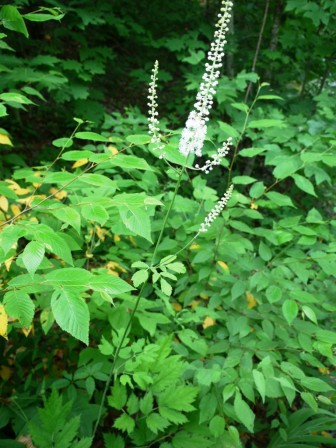
Black Cohosh, or something else? Correct identification of plants used in herbal medicine is paramount.
There has recently been a case in the UK of serious liver failure in a person taking a product labeled as black cohosh. The press release from the UK government regulatory body, the Medicines and Healthcare products Regulatory Agency (MHRA) focuses on the risk of liver problems associated with the herbal remedy Black Cohosh – a product commonly used to relieve menopausal symptoms.
Chanchal’s Comments:
The product in question was on sale before the implementation of the UK Traditional Herbal Medicinal Product Directive, and was thus not subject to the newly introduced UK regulations for quality and purity in product manufacturing. This is very important because, as it stands now, there is no way to be sure exactly what was in the product.
Was it actually Actaea racemosa or another species? Was it adulterated by agricultural or industrial chemicals? Was it dried, stored and processed appropriately? What was the dosing? What co-morbidities did the patient have that may have contributed to the resulting liver failure? Was the patient taking pharmaceuticals or recreational drugs that could have harmed or compromised the liver? What about the use of alcohol?
Accurate information allows informed choice by purchasers, be they practitioners or individuals, and provides traceability and accountability from each link along the product chain.
In Canada, our good manufacturing procedures and quality standards are represented by a Natural Products Number, indicating that the manufacturer has complied with all quality guidelines. Seeing an NPN on a product label is your assurance that they have come from a reputable source.
The National Institute of Medical Herbalists, the UK professional licensing body, sent out a health advisory on November 1st to their members regarding potential dangers of using unlicensed Black Cohosh. This information is just as relevant in Canada.
